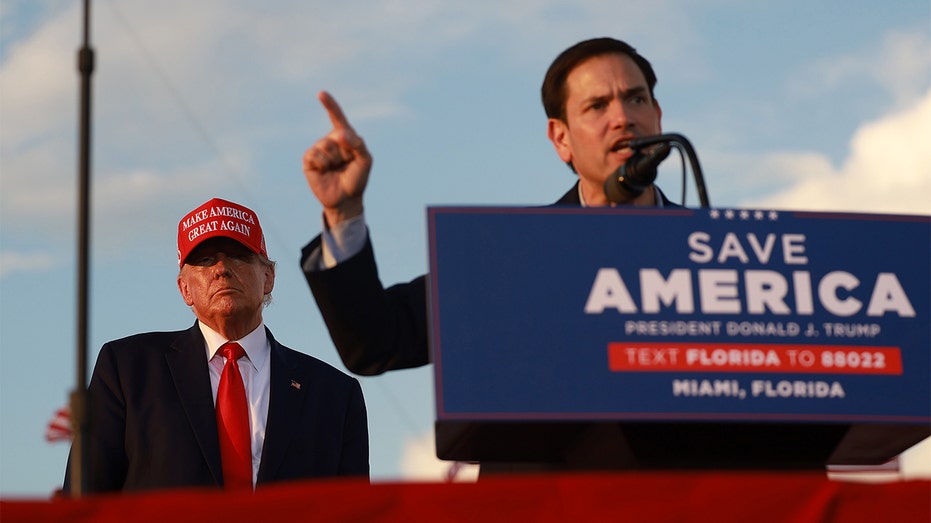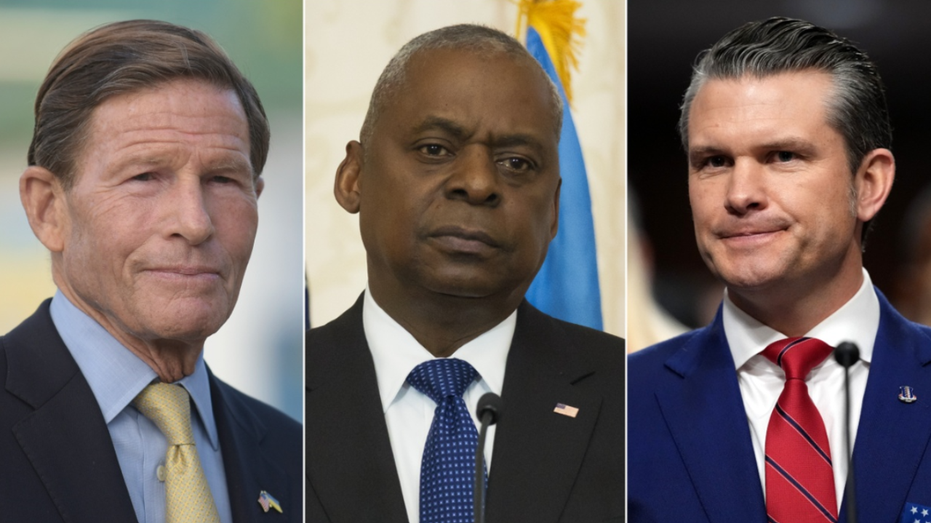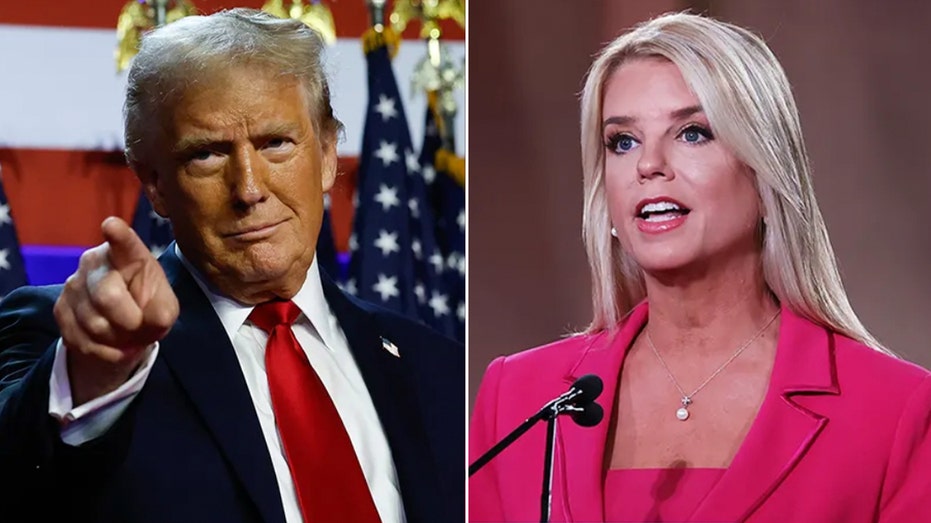Here's how much you'll pay in taxes if Trump's tax cuts get extended or expire

BRENDAN SMIALOWSKI/AFP via Getty Images
- Americans face potential tax bill changes as Trump's 2017 tax package is set to expire this year.
- The 2017 Tax Cuts and Jobs Act lowered rates and shifted brackets for filers.
- Republicans plan to prioritize tax policy, aiming to extend cuts and reduce other taxes.
Americans could see their tax bill change next year as a legislative battle looms.
Many provisions from President-elect Donald Trump's major tax package from his first term, 2017's Tax Cuts and Jobs Act, are set to expire this year. The legislation lowered tax rates for many Americans and shifted tax brackets. For many everyday Americans, TCJA's expiration would mean the possibility of a larger tax bill — the Tax Foundation estimates that 62% of filers would see a tax increase should TCJA expire.
With the GOP controlling the White House and both houses of Congress, however, it's likely that the bulk of the law will be extended.
"President Trump is committed to lowering the tax burden on the American people who elected him in November with an overwhelming mandate to Make America Wealthy Again," Karoline Leavitt, a Trump-Vance transition spokeswoman, said in a statement to Business Insider. "The Trump Administration will be dedicated to ensuring that American workers keep more of their hard-earned dollars in their pockets while growing the strongest and most resilient economy the world has ever seen."
To determine the potential tax impacts for Americans, we used the Tax Foundation's projections of what tax rates and brackets would be for single filers in 2026 under a TCJA extension and under a TCJA expiration scenario.
TCJA also impacts the deductions that filers can claim on their taxes, but, since those are often determined on an individual basis based on varying circumstances — such as having a child or business — they are not included in these calculations, which cover taxable income after any such deductions and adjustments.
Higher earners would end up with the biggest tax increases if TCJA expires. For instance, an American with $1 million of taxable income would see their tax burden grow by over $12,000 should TCJA provisions expire.
But the tax bills of Americans in the middle income band would see the highest percent increase should TCJA expire. For instance, a filer with $50,000 of taxable income would see their tax burden increase by nearly 20%; comparatively, a filer making $700,000 would see their tax burden grow by just around 2%.
Of course, this doesn't tell the whole tax story. Measures like the Child Tax Credit were expanded under TCJA, meaning that, should the bill expire, parents would owe more or get a smaller refund.
The TCJA also capped how much filers could deduct for paying hefty local taxes. For Americans in high-tax areas, which includes states like New York and New Jersey, the State and Local Tax deduction cap expiring could mean a bigger break on their taxes.
"The change in the tax brackets is only a small part of the story of the TCJA," Ernie Tedeschi, Yale Budget Lab's director of economics, told BI. "Most of the story is actually in the law's changes to deductions, exemptions, and credits."
Republicans are already lining up to tackle tax policy as one of their major priorities once they hold their House, Senate, and White House trifecta. The GOP may go even further than merely extending the TCJA's cuts through proposals from Trump to nix taxes on tips, overtime, and Social Security.
But slim Republican congressional majorities will likely mean that any tax changes could be contentious, although Republicans are gearing up for the fight. Rep. Jason Smith, the chair of the House Ways and Means Committee, said in his weekly report that he's been working closely with Trump on a bill.
"Passing one big, beautiful bill is the best way to ensure as much as possible of President Trump's agenda is enacted," Smith said. "In one fell swoop, we can secure the border, unleash American energy, and deliver tax relief to workers, families, farmers, and small businesses. These are the policies the American people are demanding. Now it's up to Congress to deliver."
Are you concerned about your tax bill changing, or did it change in the wake of 2017? Contact this reporter at [email protected].






:max_bytes(150000):strip_icc():format(jpeg)/peo-fashion-writer-i-spent-hours-handpicking-these-petite-friendly-winter-fashion-finds-tout-a7a242430a1c44d3a189f7c450d22d10.jpg)




